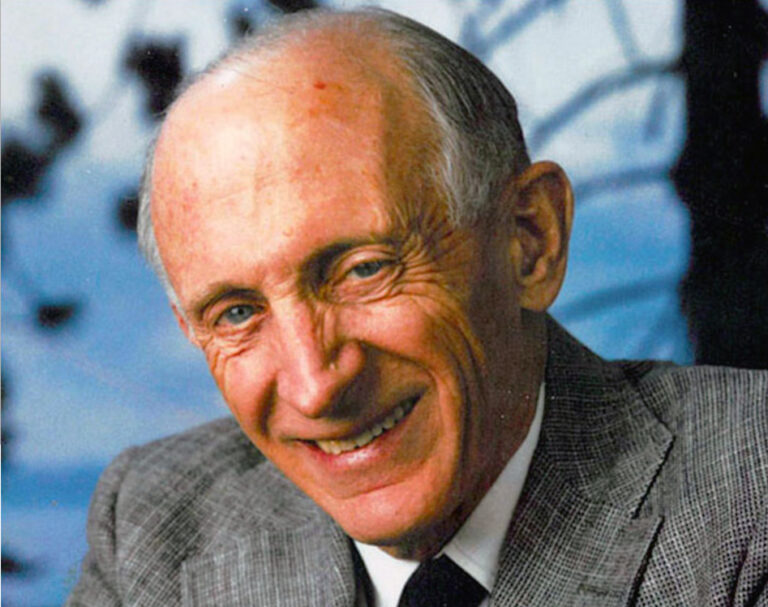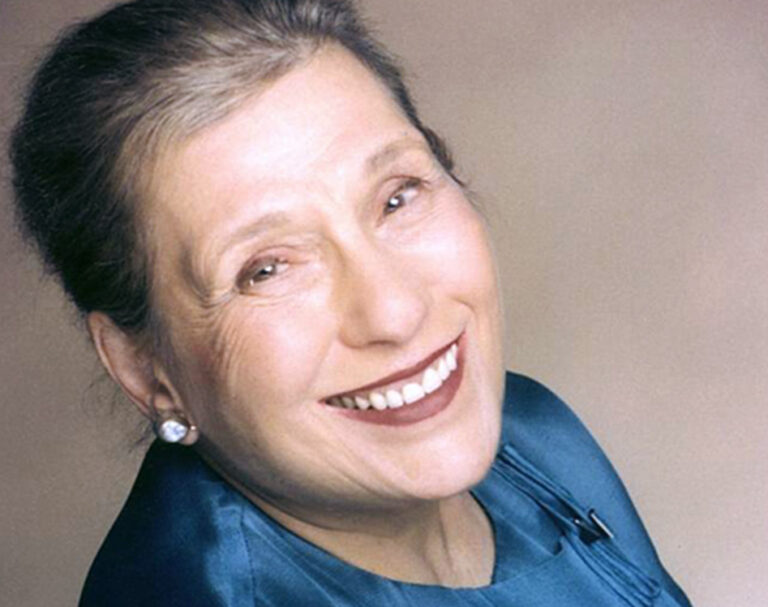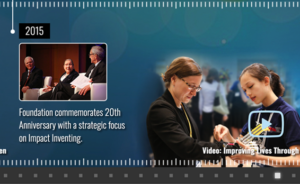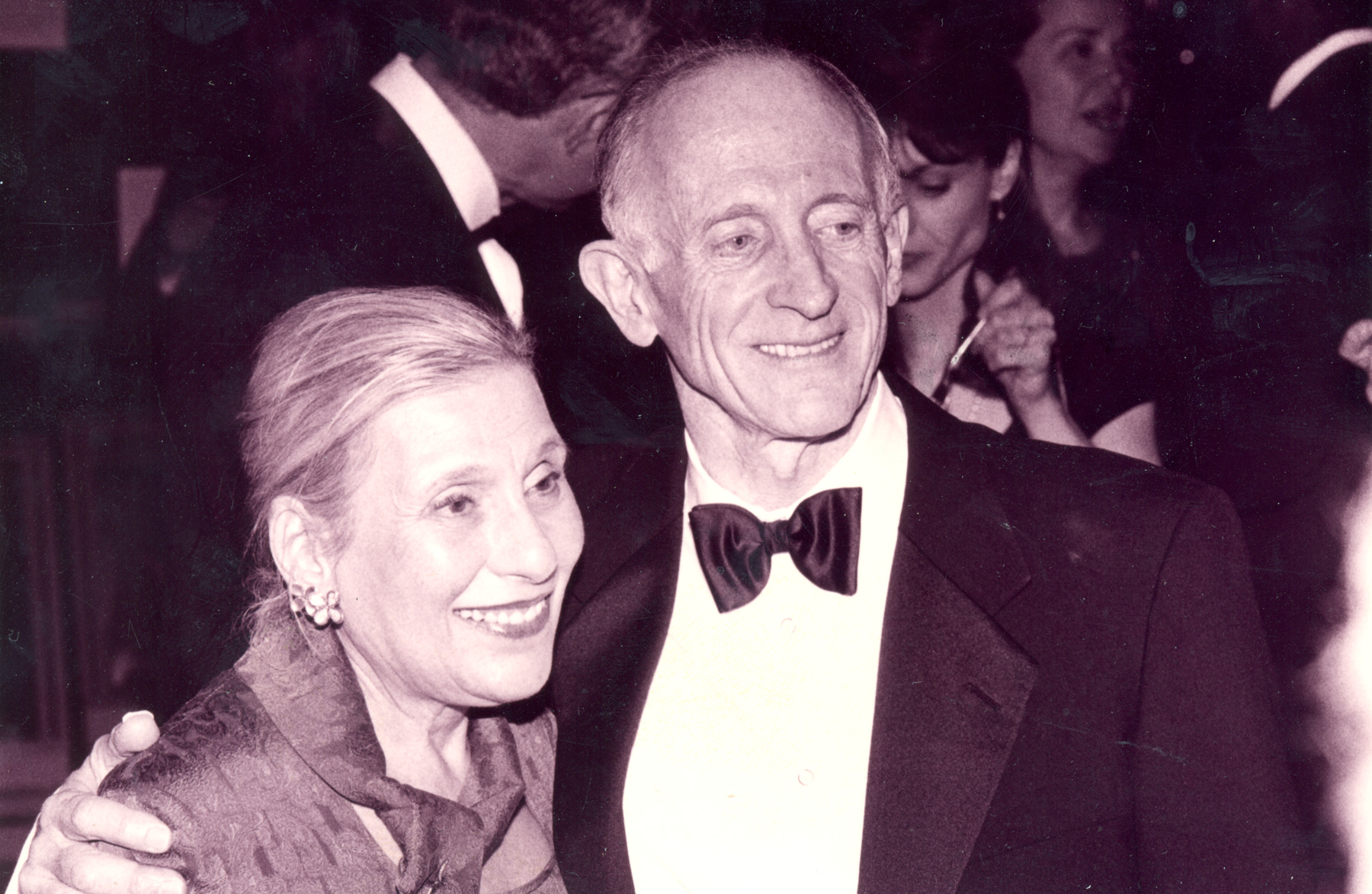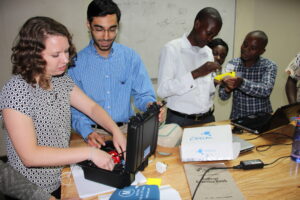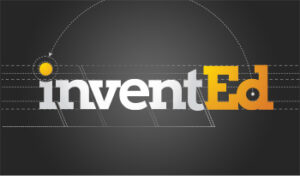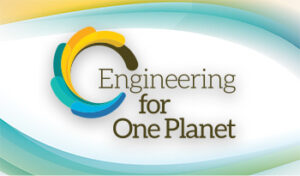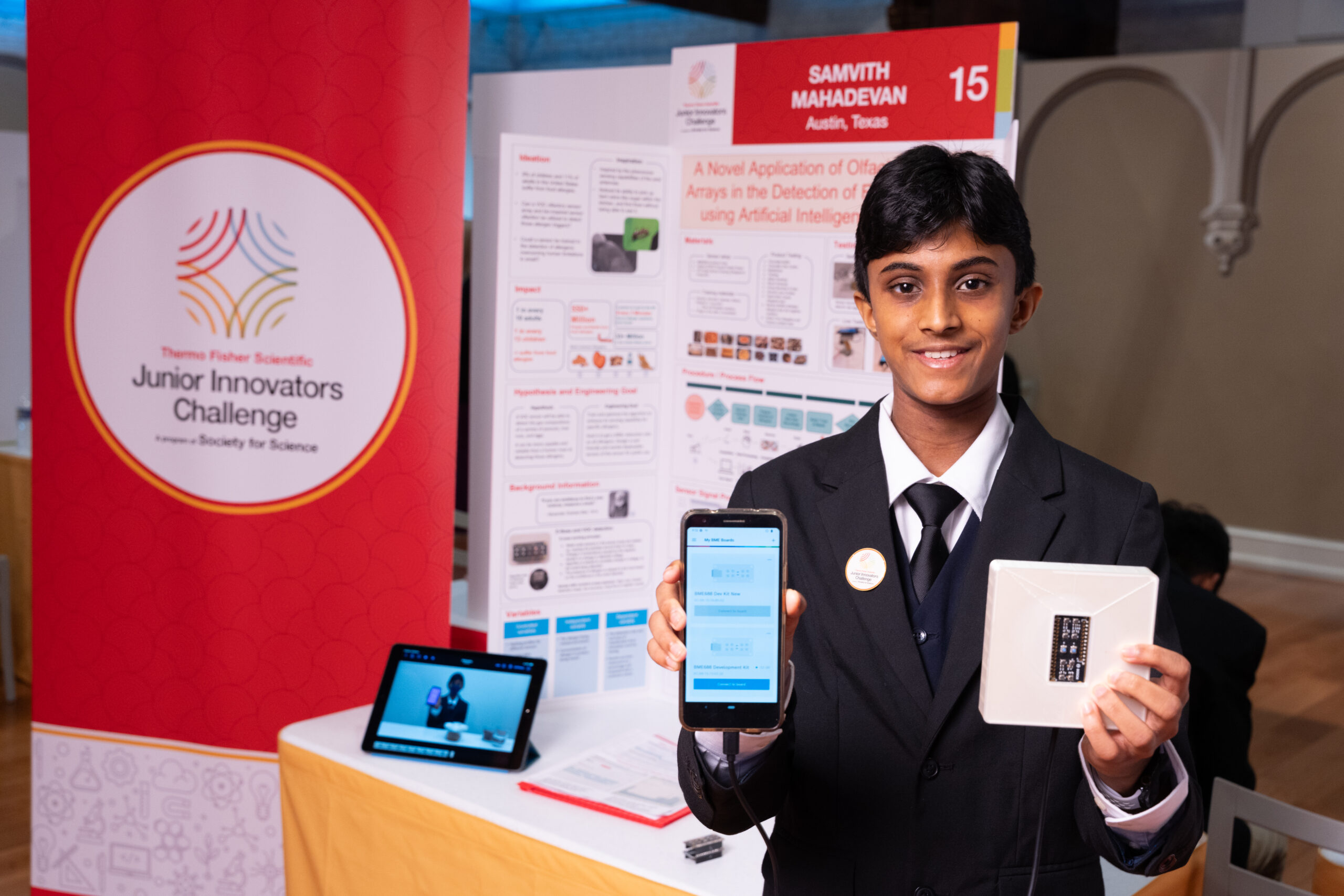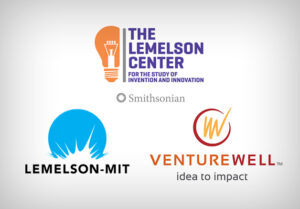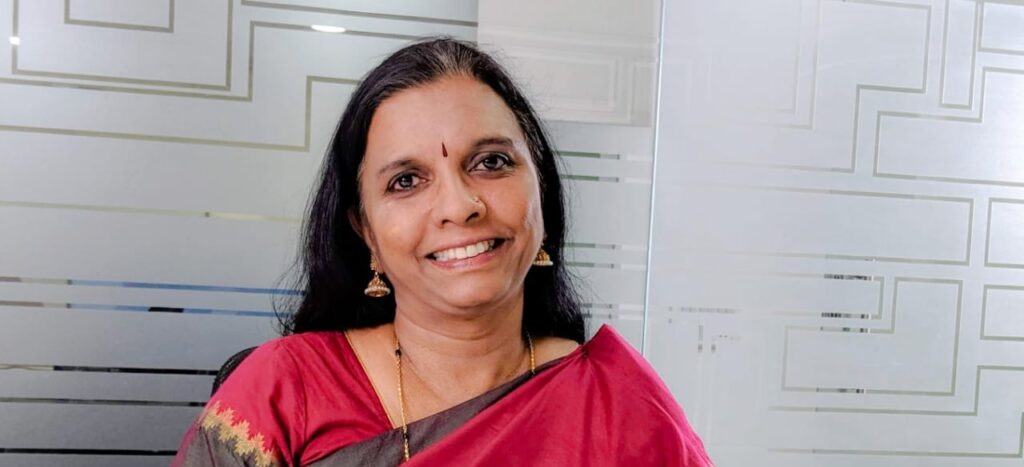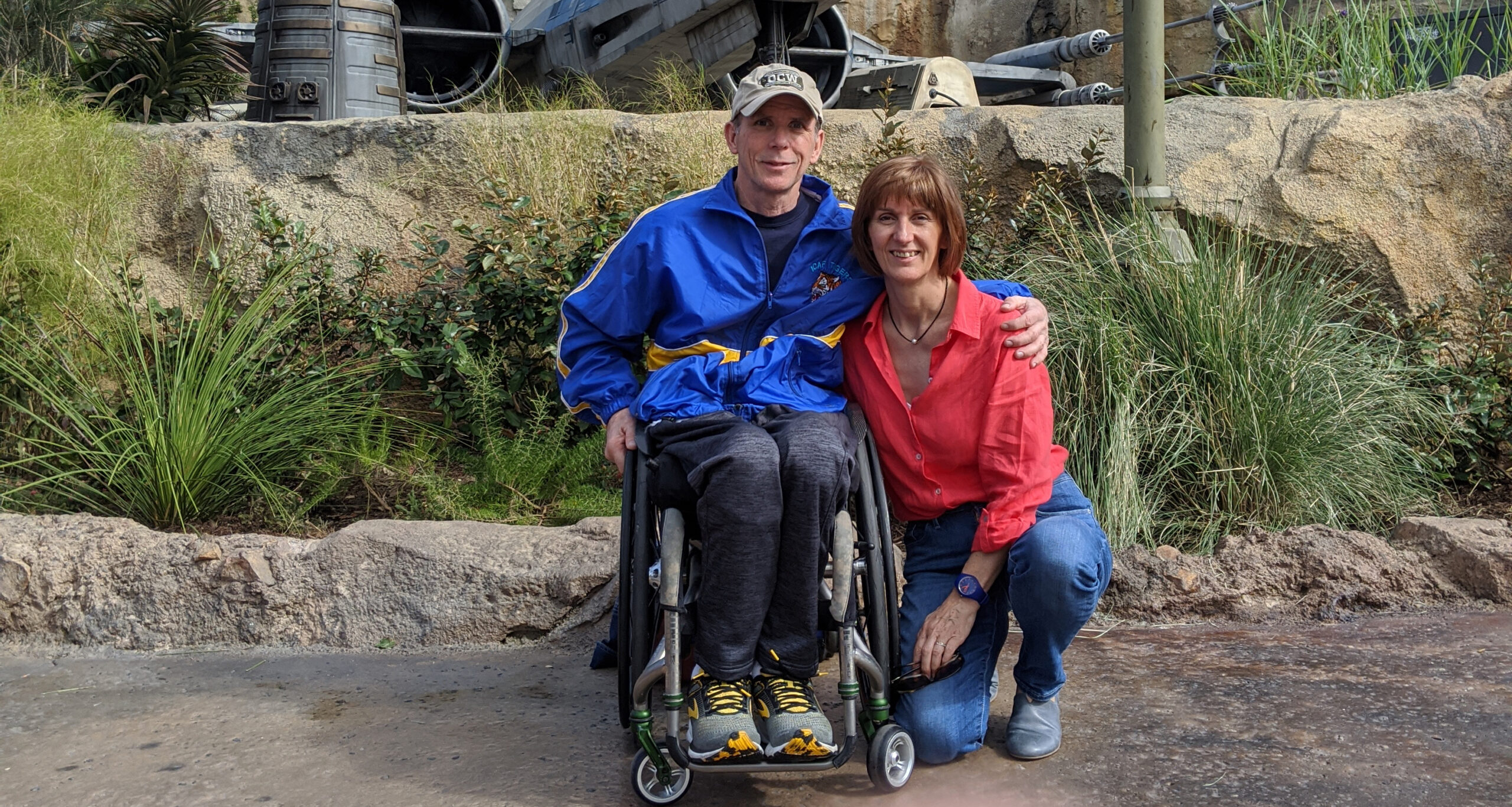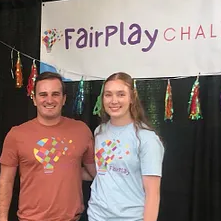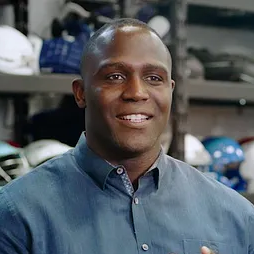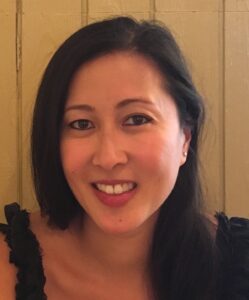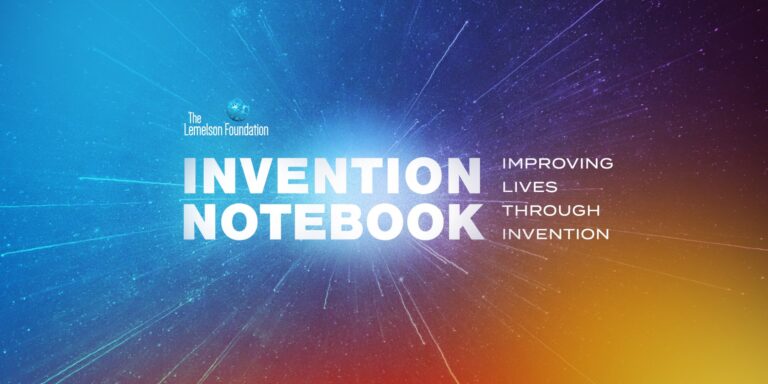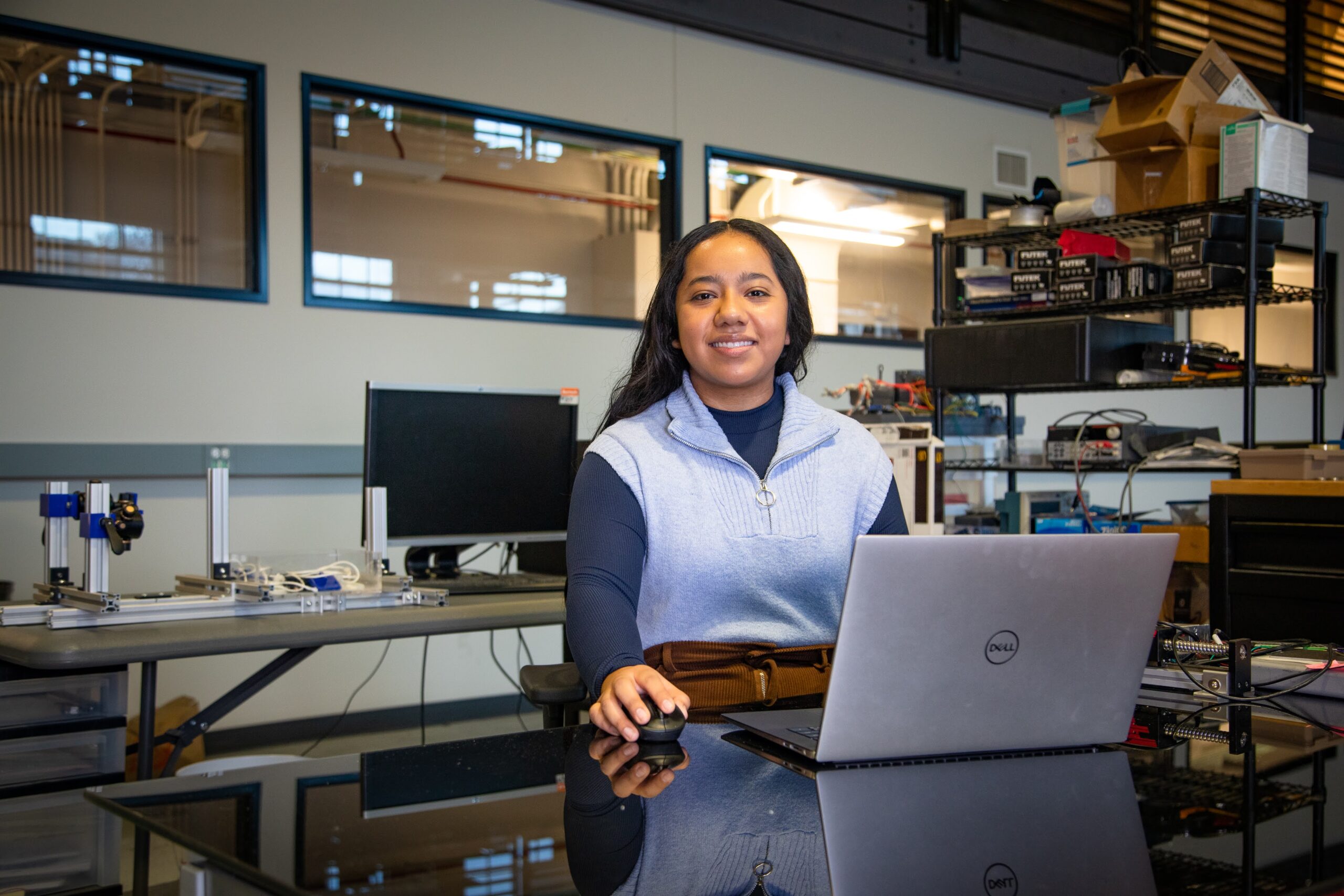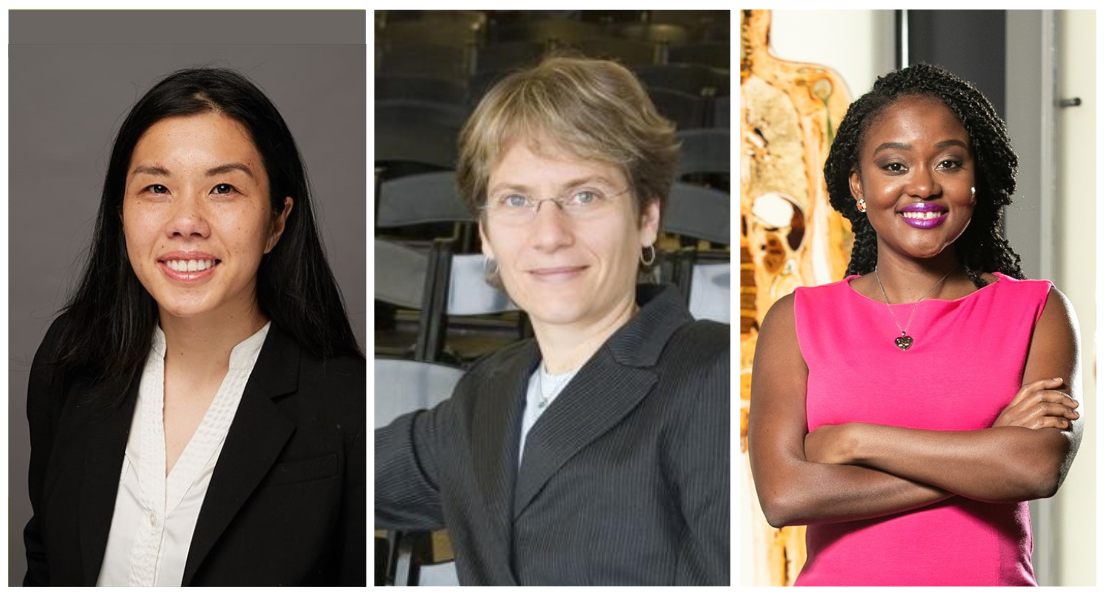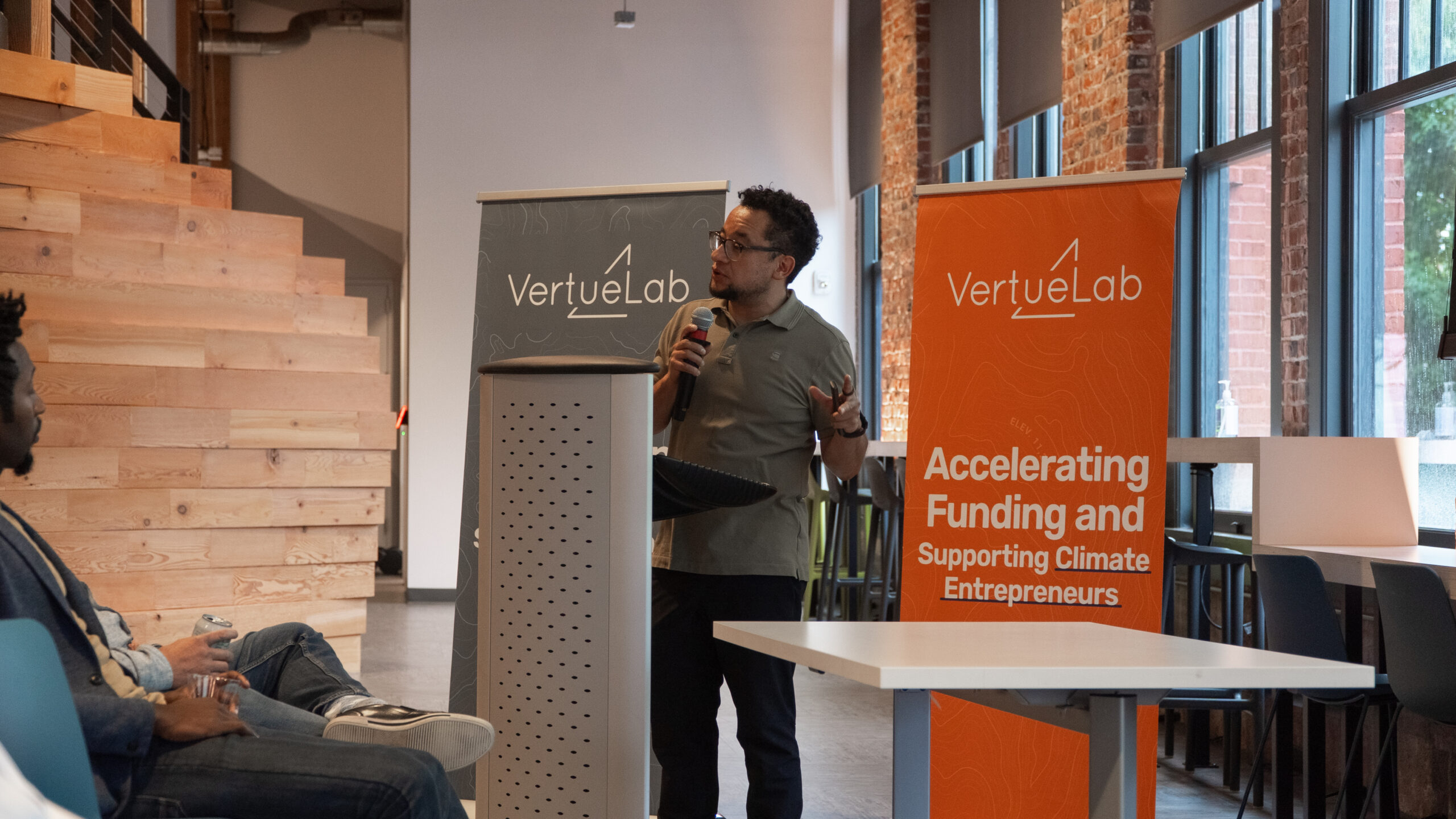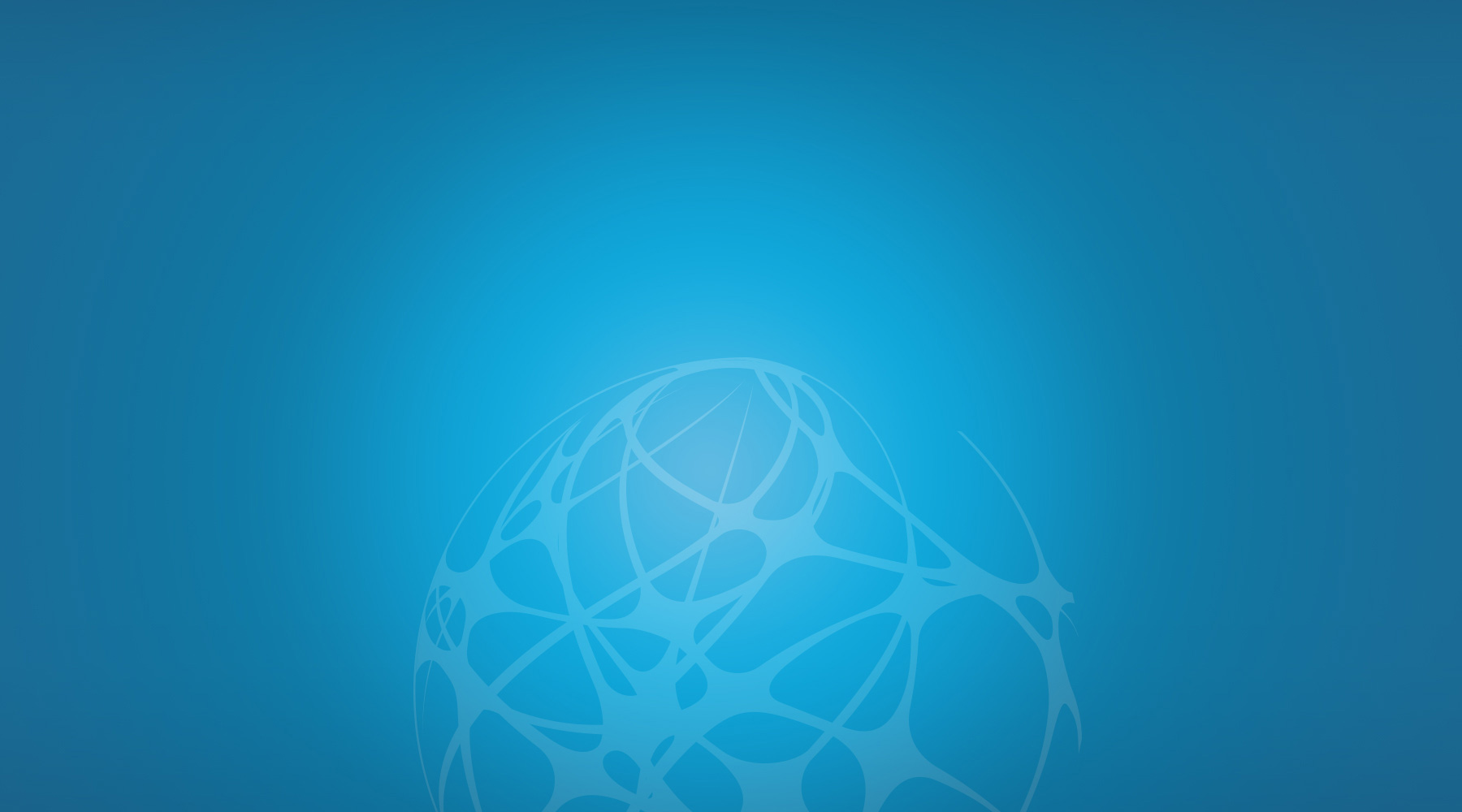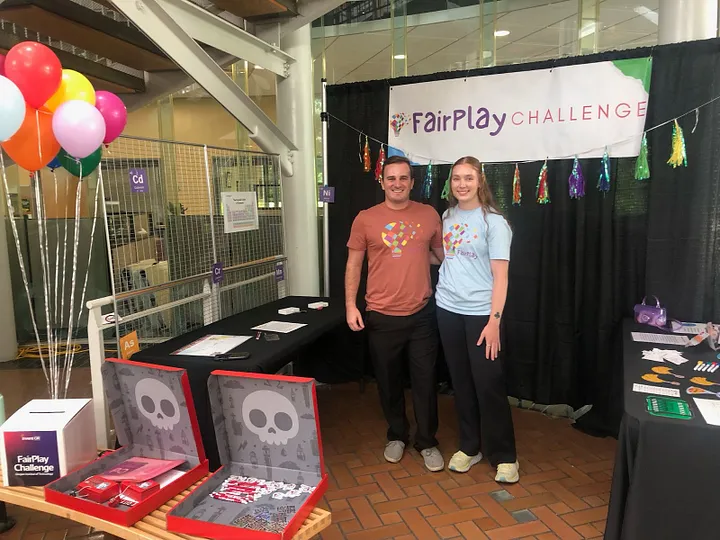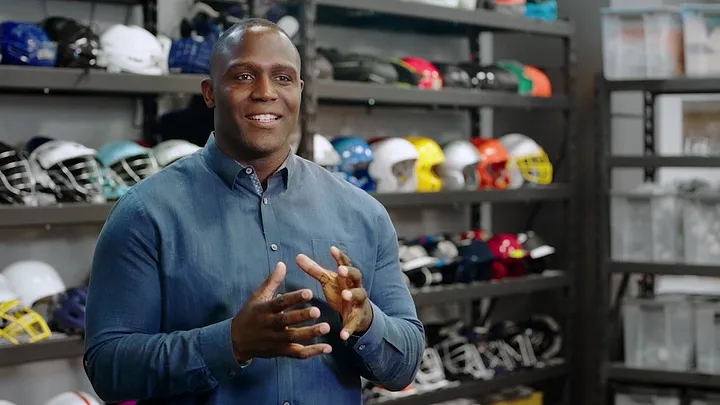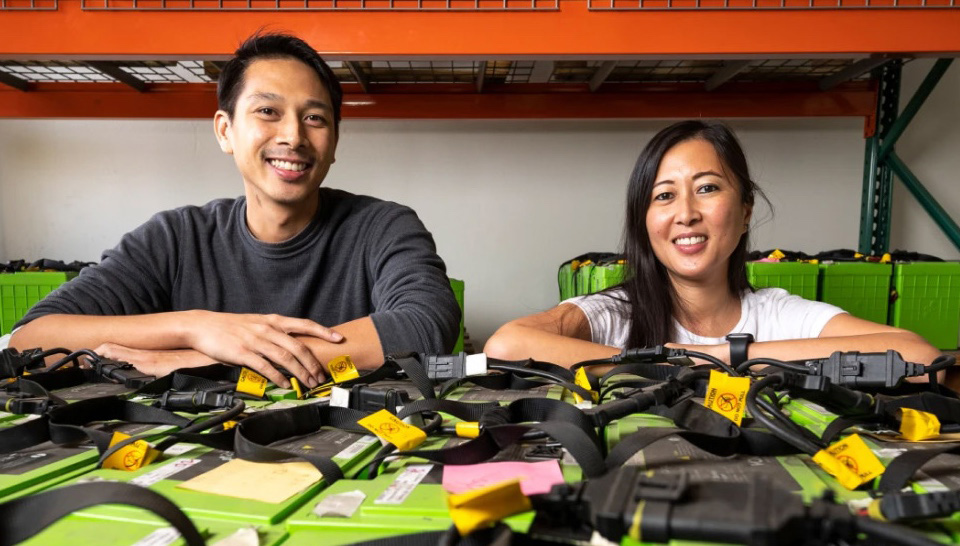How an After-School Invention Program Helped Launch a Career in Big Tech
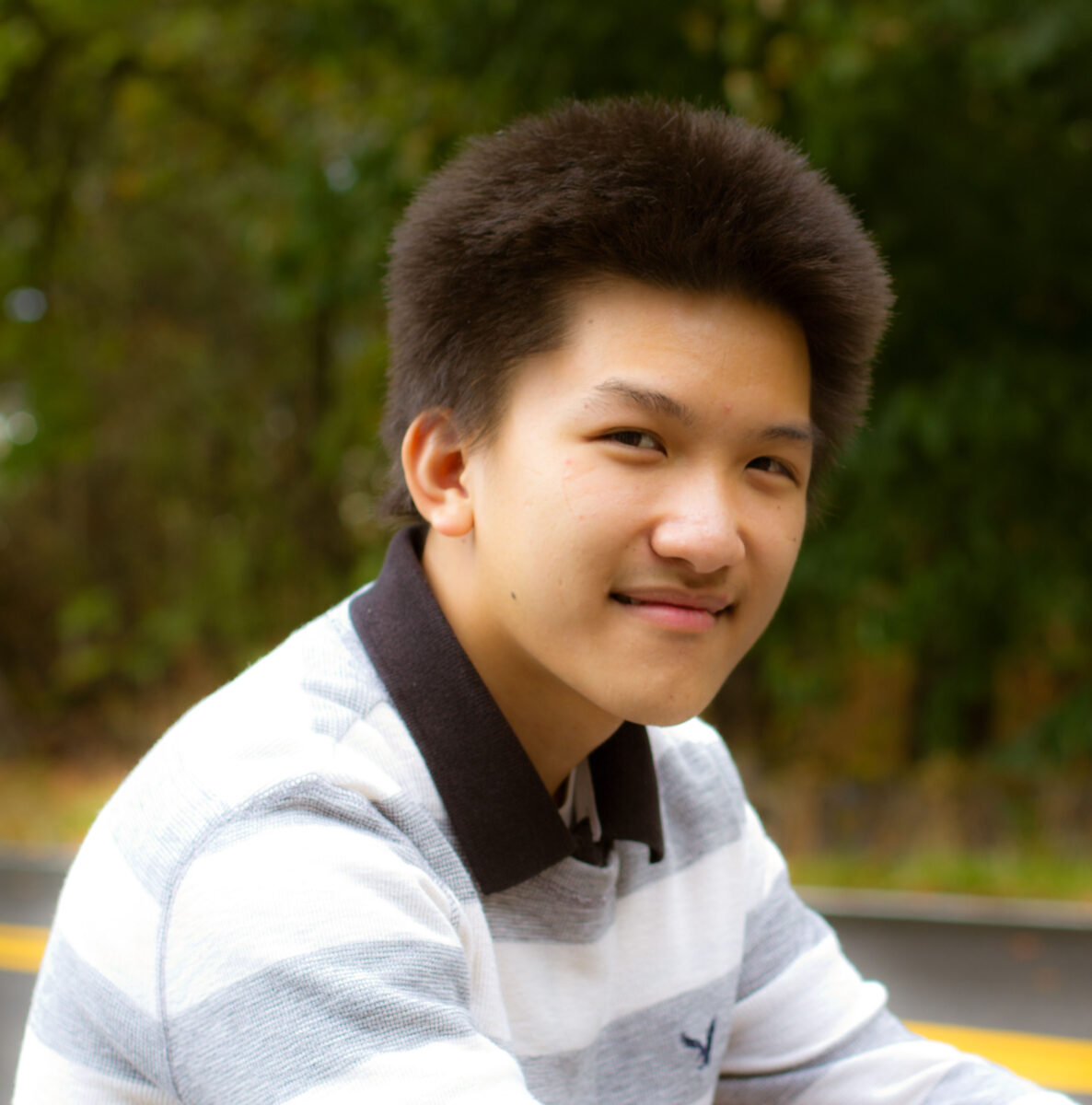
Through Oregon MESA, engineer Thien Nguyen discovered his facility for numbers and a supportive community.
Thien Nguyen was born in Vietnam and lived there until fourth grade, when his family immigrated to the United States. At the time Thien spoke no English, yet as he adjusted to his new surroundings in Portland, Oregon, he quickly discovered that he was fluent in another language — math.
By the time Thien was a student at Portland’s Ockley Green Middle School, he had evolved into a STEM superstar. That’s when he got the nudge to join the school’s Oregon MESA (Mathematics, Engineering, and Science Achievement) program, part of a nationwide consortium of academic development programs. “My teacher, Mrs. Romero, told me about MESA,” says Thien. “She mentioned, ‘Hey, you like math and science, you should try this after-school program.’”

Thien and his brother decided to give MESA a shot. He remembers thinking, “I like building things. I like breaking things!,” he says. “Seeing kids have those hands-on experiences really triggered my interests.”
MESA marked a turning point for Thien. Through the program’s Invention Education curriculum, he found endless opportunities to learn and build in ways that sparked both his creativity and his curiosity. He also won prizes in many of MESA’s top competitions.
“I really enjoyed it,” he says. “We’d plan on staying for an hour but sometimes we’d spend three or four hours every day. Mrs. Romero would sometimes have to say, ‘You guys gotta go home.’”
One project he is particularly proud of is a trebuchet — a type of catapult — that he and his teammates designed and which won first place in the MESA national competition. “We were the first in Oregon and still the only team to bring home a MESA USA National Championship,” he says. Even when Thien and his team didn’t win, though, it was still a good experience. “It’s that whole invention journey.”

After Ockley Green, Thien attended Lincoln High School. And though he carried the curiosity and thirst for knowledge that MESA had instilled in him, he missed the program and the people. Then he had an idea: He decided to visit the MESA main office, which was close to his high school at Portland State University, and ask if he could work there. After that, Thien became Oregon MESA’s first intern. “I created an opportunity for myself that allowed me to get more experience and grow my skill sets, and also give back to MESA at the same time.”
Throughout his educational journey, Thien found a supportive community of mentors. One of them was The Lemelson Foundation’s Senior Program Officer David Coronado, who at the time was the Executive Director of Oregon MESA. “From programs to teachers, counselors, and mentors, it took a village to help Thien achieve his goals,” says Coronado. ”All students need this level of support, because each young person is special.”
Thien graduated from high school with honors and was awarded a full scholarship to Northeastern University. He graduated in 2019 with a degree in computer science, and soon landed a job as a software engineer at the music streaming service, Spotify.
Though his job obviously requires competency in certain technical skills, he says, other skills — many of which he learned through MESA — are key to his success. Learning how to write and present, for example, as well as how to manage projects and lead teams. His MESA teachers, he says, gave him and his fellow students this foundation, and the space to be inventive. “Their guidance and asking the hard questions gave us a different perspective than what is normally taught in middle school.”
Mindset is also important. “It’s about being super open — being open to learn, being open to see people in a different perspective. And being unafraid to fail,” he says. “Even when there’s a constraint, I never think, ‘I can’t do this.’ I’m like, ‘How can we make it fit into the boundary, or can we push the boundary a little bit more?’”
“Thien’s superpower is that he is determined,” adds Coronado, “We all saw that in him, even when his quiet demeanor hid it. He chose his own path despite all the odds that were against him.”
When giving advice to others, Thien also draws on a lesson he learned while studying abroad in Sweden: take breaks. Called fika in Swedish, the custom of taking a break from work every day for a coffee was unusual compared with the round-the-clock studying sessions he was used to. “After that experience, I went back to the States and actually slept more and got better grades,” he says. “So that’s also important to keep in mind: work hard, but take breaks — that will get you further than just pushing through.”

